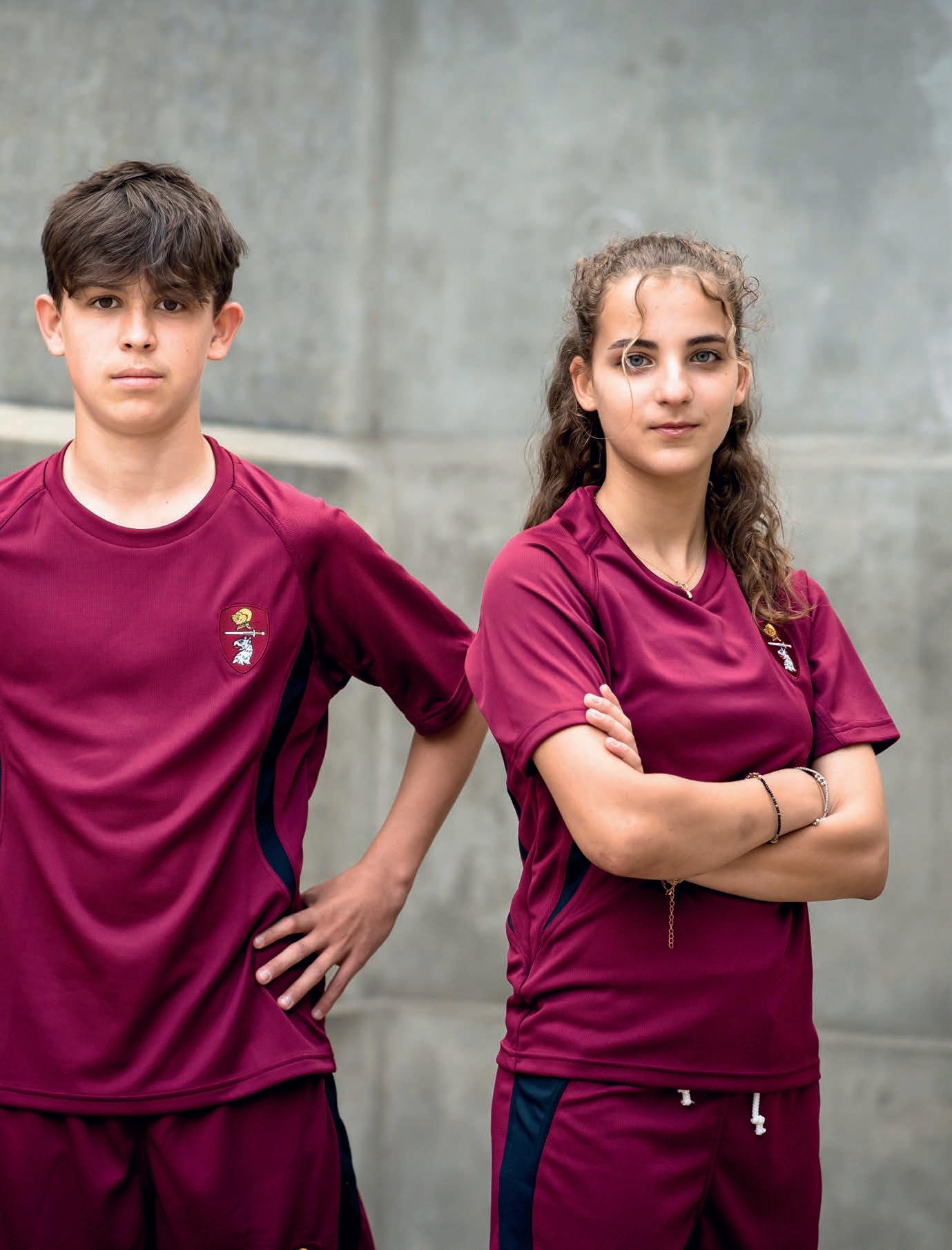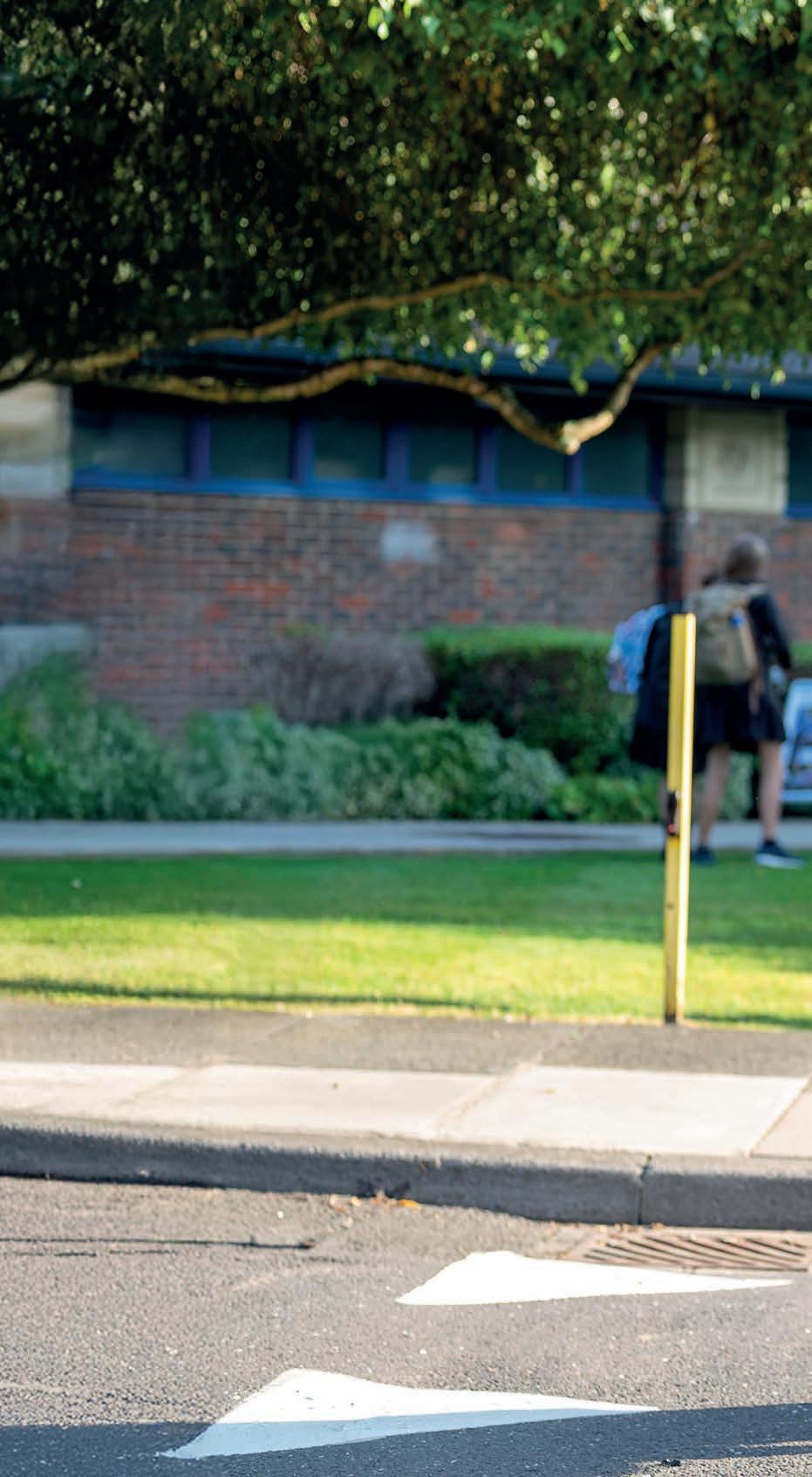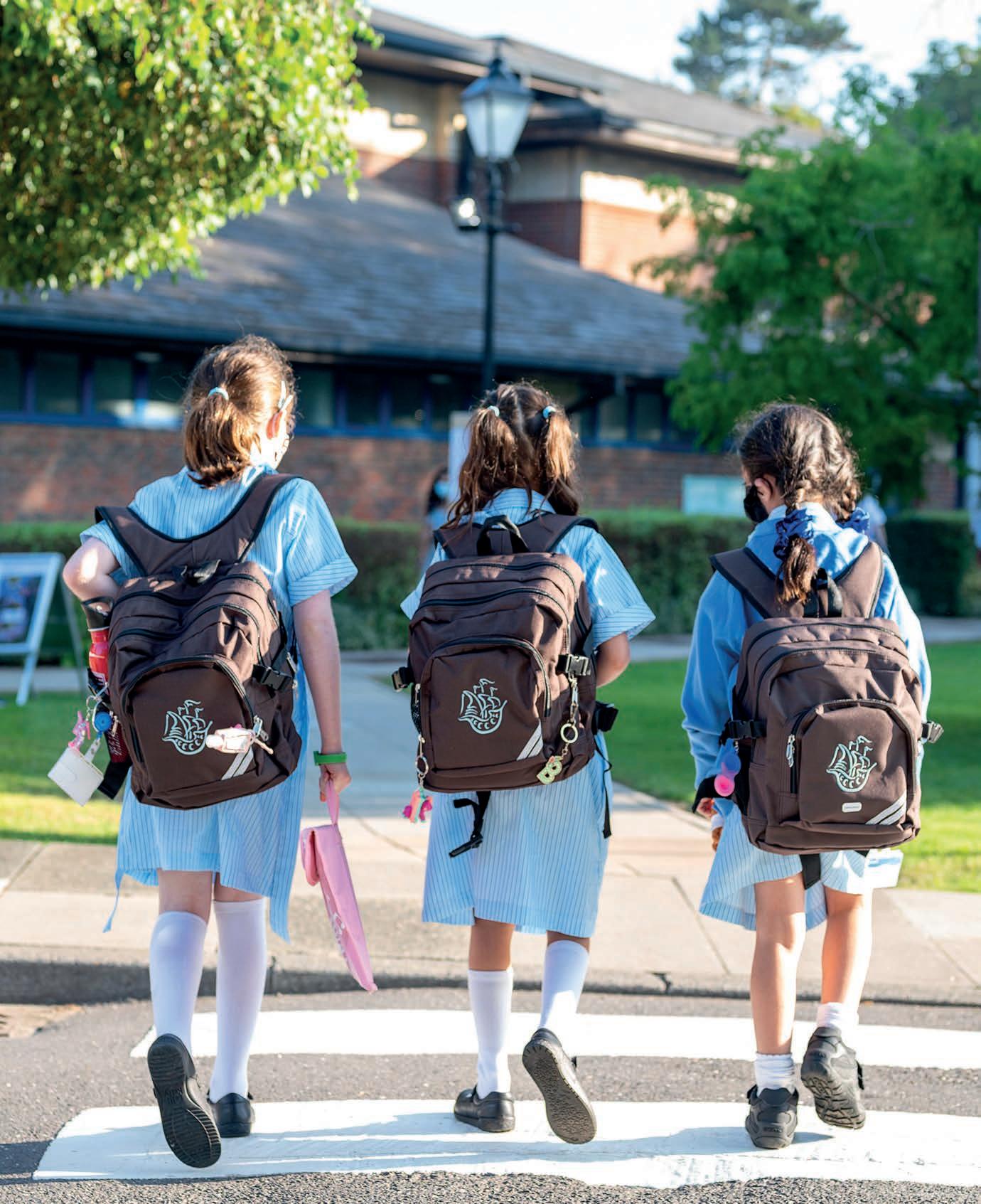
















































Setting your child on the right path is a key priority for parents. One of the big early years questions is: should we educate them privately? Tracey Davies explores the options you need to consider

With the new financial pressure of VAT being added to school fees, Katie Hughes looks at what options are available to help lessen the burden for families, from scholarships and bursaries to more accessible routes
The latest Independent Schools Council (ISC) census shows that almost 160,000 privately educated pupils get help with their fees from schools¹. Much of this comes via bursaries or scholarships, and the support is significant. According to the ISC, which represents nearly

1,400 independent schools, almost half of pupils receiving means-tested bursaries pay less than 50 per cent of fees². Scholarships, which reward academic or other abilities (and are sometimes means-tested), are typically less generous but offer discounts that can be combined with bursaries to boost funds. s



its c0-ed environment has enhanced the student experience
In my experience as a teacher and pastoral leader, the joys of co-education permeate all aspects of school culture, helping to build a welcoming and respectful community, where everyone is empowered to feel a sense of wellbeing, belonging and purpose.
Fundamentally, it’s important to see each individual child as themselves, regardless of their sex or gender. They’re all so unique and come to us with all of these individual interests, and to some extent, it doesn’t matter at all.
Academically and pastorally, what we’re interested in is that they learn to challenge themselves to be the best they can be, and we, as teachers, want to facilitate that for them.
Good pastoral systems allow staff to get to know each individual child fully as themselves and to encourage them to flourish in all areas of school life. We want every young person who joins Highgate to have a really strong sense of belonging and to help others feel the same way.
In that spirit, it’s essential that we learn to belong and co-exist with boys and girls, looking to prepare us for wider life beyond. Being in a school environment where that’s the case allows staff to support that journey and the evolution of those friendships. And it’s fine for girls to have friends that are girls and boys to have friends that are boys, but it’s also healthy for them to see and start forming positive relationships with everyone.
We work hard to subvert subject stereotypes, encouraging pupils of all genders to engage in the full range of subjects and activities on offer. The best way for boys and girls to see that subject stereotypes are unhelpful is to witness boys



Focusing on the important aspects of school life will help you make the right choice for your child, says
Richard Queripel, Head of North London Collegiate Junior School
Choosing the right school for your child can seem like a daunting task. Faced with a myriad of websites and social-media feeds showcasing schools’ successes, parents can be left wondering where to start. But there are some key factors to consider when beginning the search that will help you to narrow down the field, refine a shortlist and ultimately find the school that is right for your child. Some of the first decisions to make are about the type of setting: single sex or co-educational, day or boarding. You may well start with a strong sense of which is best for your child, but, if you’re not sure, talk to parents with children in different types of schools and ask schools directly to explain the merits of their setting. One of the questions I enjoy answering most is: Why should I send my daughter to a single-sex school? School leaders are passionate about their schools and will be more than happy to discuss the suitability of their setting for your child.
s




Adrian Hallworth, Director of Admissions at Taunton School in Somerset, o ers some guidance on what to consider when applying to an independent school